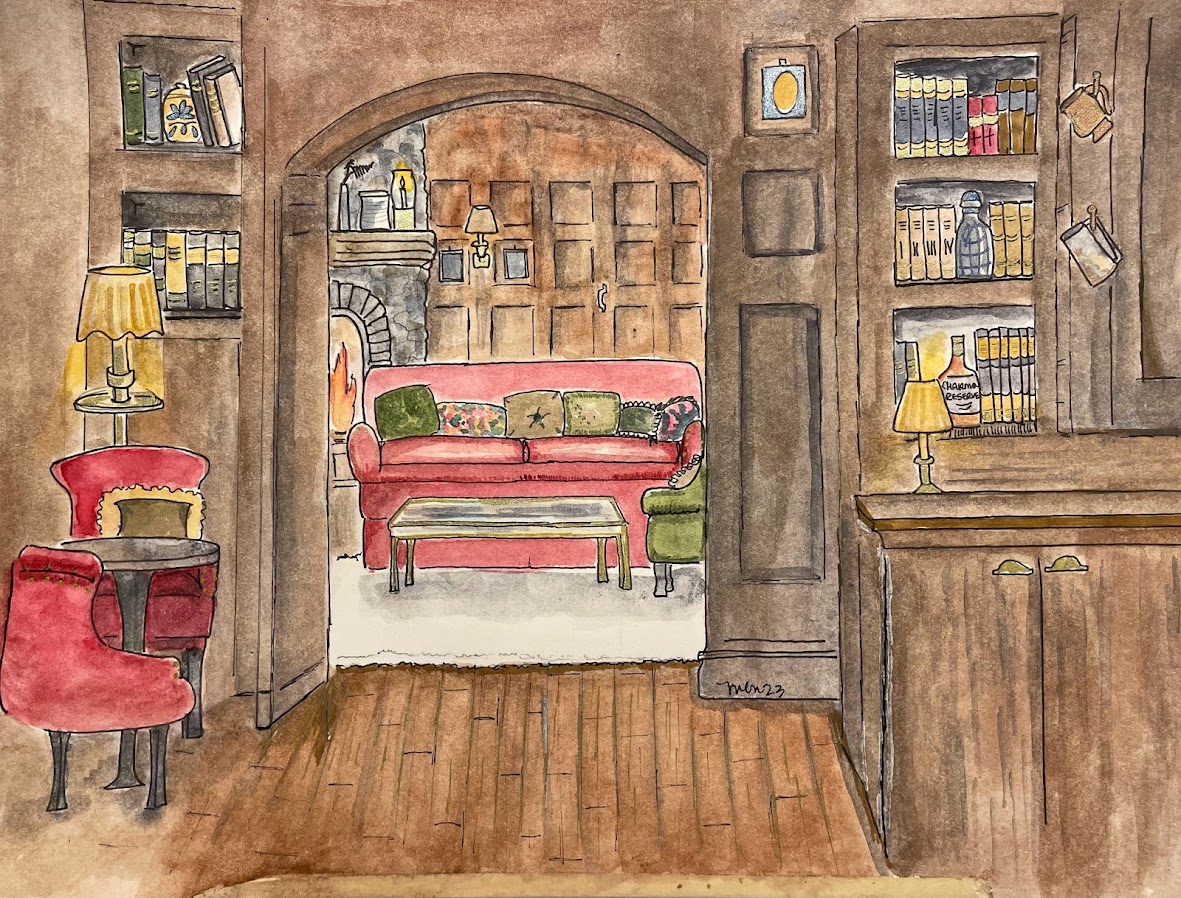I recently had a conversation with a dear one, discussing the dryness of prayer at times. It was the book recently published about Blessed Theresa of Calcutta’s “dark night of the soul” that gave way to the discussion that even the faithful suffer a loss of feeling the Lord’s presence in their prayer at times. Remember Jesus on the cross “My God, my God, why have you abandoned me?” This is where real faith comes into play. I believe what I cannot see, hear, or feel.
About a year ago, during one of my weekly prayer meetings with a group of amazing women, it was mentioned that we do not seek to be consoled in prayer. Prayer is yet a way to console the Lord. In prayer, we seek to praise Him, love Him, thank Him, worship Him, and ask Him for help (hence, we need Him, want His advice and trust in His ability to help us). If we are not quiet in our hearts, and we don’t drown out the world to spend time with him, we cannot console Him. It can be so difficult when our day is filled with chaos and even the “First 15” and “Last 15” minutes of the day can be hard to offer in prayer (See the book, “The 4:8 Principle”).
Do we show Him our love and full attention? It is very difficult to quiet the soul after such business and “noise” (phones, email, television, media, relationships, errands, etc.) I got the idea to take to simple tasks as a prayer, from the book “Simple Abundance”. We are reminded to take small tasks such as washing the dishes like the Quakers, who practice prayer in their work; the dirt on the dishes is the remainder of the food that nourished me. Thank you, Lord. The dirty laundry is the result of clothes on our backs worn and lived in. Thank you, Lord. The crumbs I sweep off the floor, again, remnants of plenty that fill our stomachs. Thank you, Lord. Driving children to practices; a working vehicle, money for gas, freedom to transport myself or my family somewhere else, mental capacity for driving and decision making….Thank you, Lord.
I was recently reminded at a leadership seminar that work without contemplation, however, can turn into activism. Pretty soon, you are working your way through life, only to be like those lost in the woods, who circle around again to find themselves in the same spot in which they set out four hours earlier.
Another point of contemplative prayer, or spending time listening to Christ, is not just to console him, or seek answers to our problems, but to stand in the pool of graces that are provided for us on which we nourish our lives. We wouldn’t stare at a plate of food and expect it to fill our stomachs. We must partake, ask Him for nourishment, let Him in.
Seek to console Him.


Leave a comment